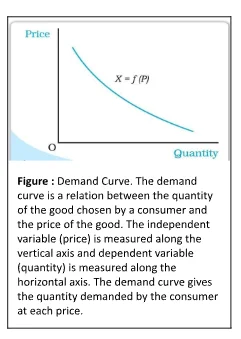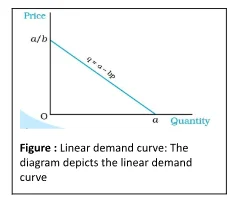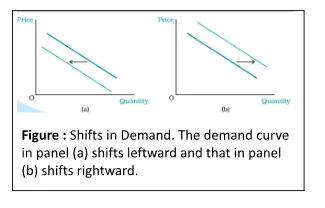![]() 29 Nov 2023
29 Nov 2023
Impact of Prices, Tastes, and Preferences
The quantity of a commodity that a consumer is willing to buy and is able to afford is called demand for the commodity. According to the Law of Demand, This demand is mainly dependent on prices of goods, consumer’s tastes and preferences. Whenever one of these changes, the quantity of goods consumers are willing to buy also changes.


Deriving a Demand Curve from Indifference Curves and Budget Constraints: Analyzing Law of Demand
Law of Demand: Inverse Relationship with Price
Linear Demand: The Price-Quantity Relationship



<div class="new-fform">
</div>